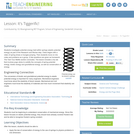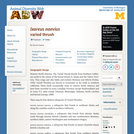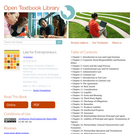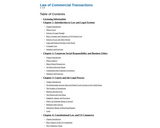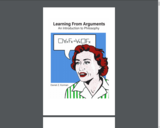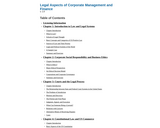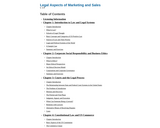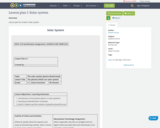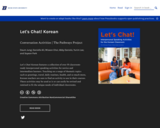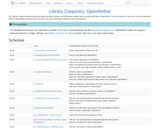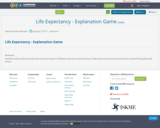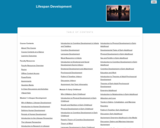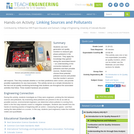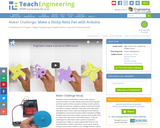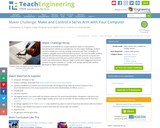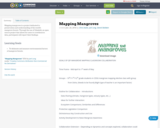
This investigation begins with a phenomenon that is evidenced in most every produce aisle: Many of the vegetables that botanists classify as Brassica look and taste different. This investigation aligns with middle and high school Next Generation Science Standards as well as with agricultural science Plant Career Path Standards. Provided as an Open Source Lesson in Gather-Reason-Communicate format, this investigation supports teachers as students learn about the life cycle of flowering plants, how environmental and genetic factors influence an organisms's growth, how humans influence plants through plant breeding, and how scientists can use classification as a tool for understanding relatedness among organisms. This includes a lesson plan and supporting resources including videos, an interview, readings, and protocols.
- Subject:
- Botany
- Life Science
- Material Type:
- Activity/Lab
- Lesson
- Lesson Plan
- Teaching/Learning Strategy
- Unit of Study
- Provider:
- Wisconsin Fast Plants Program
- Author:
- Daniel W. Lauffer
- Hedi Baxter Lauffer
- Jackson Hetue
- Date Added:
- 05/25/2023
